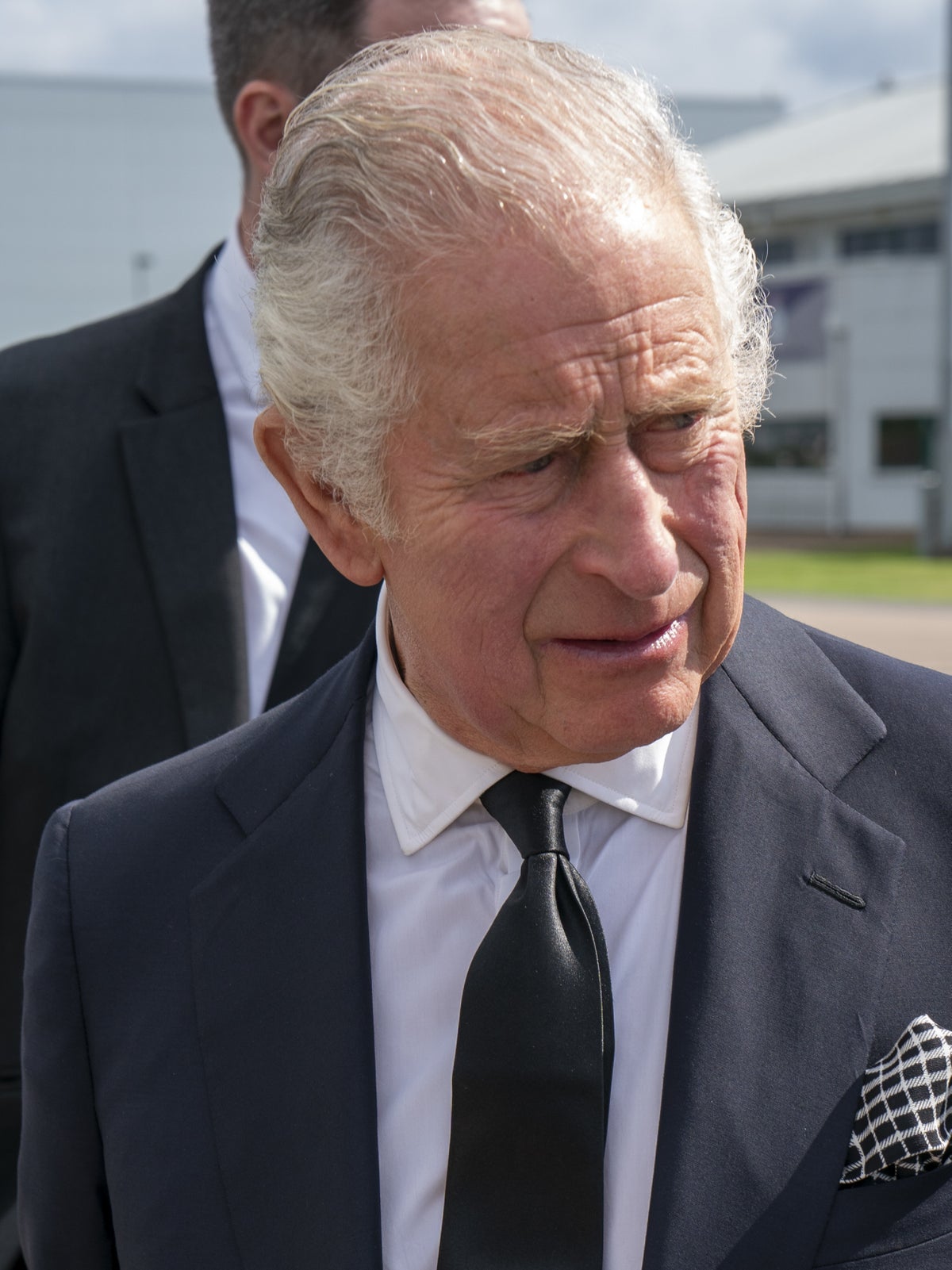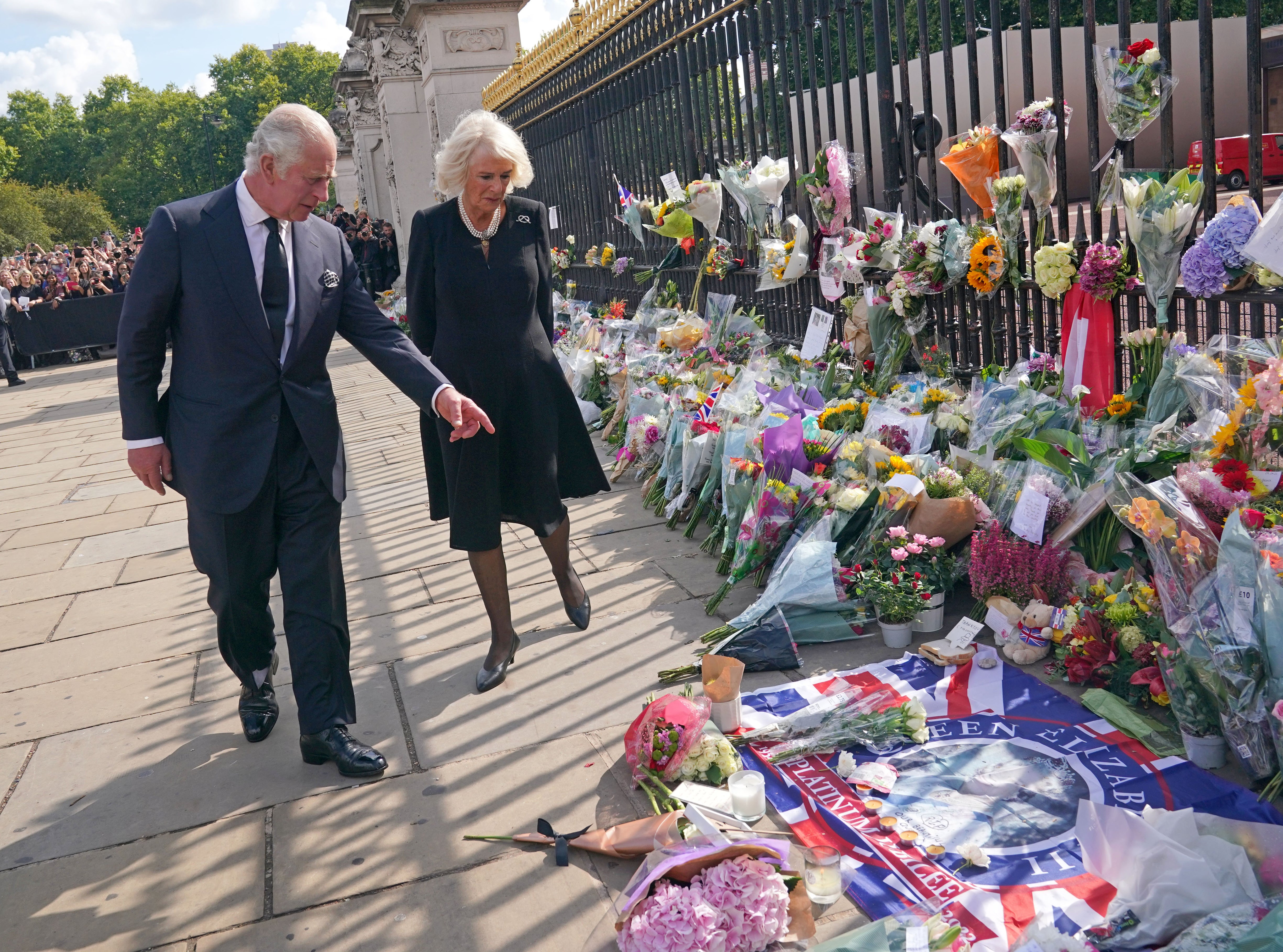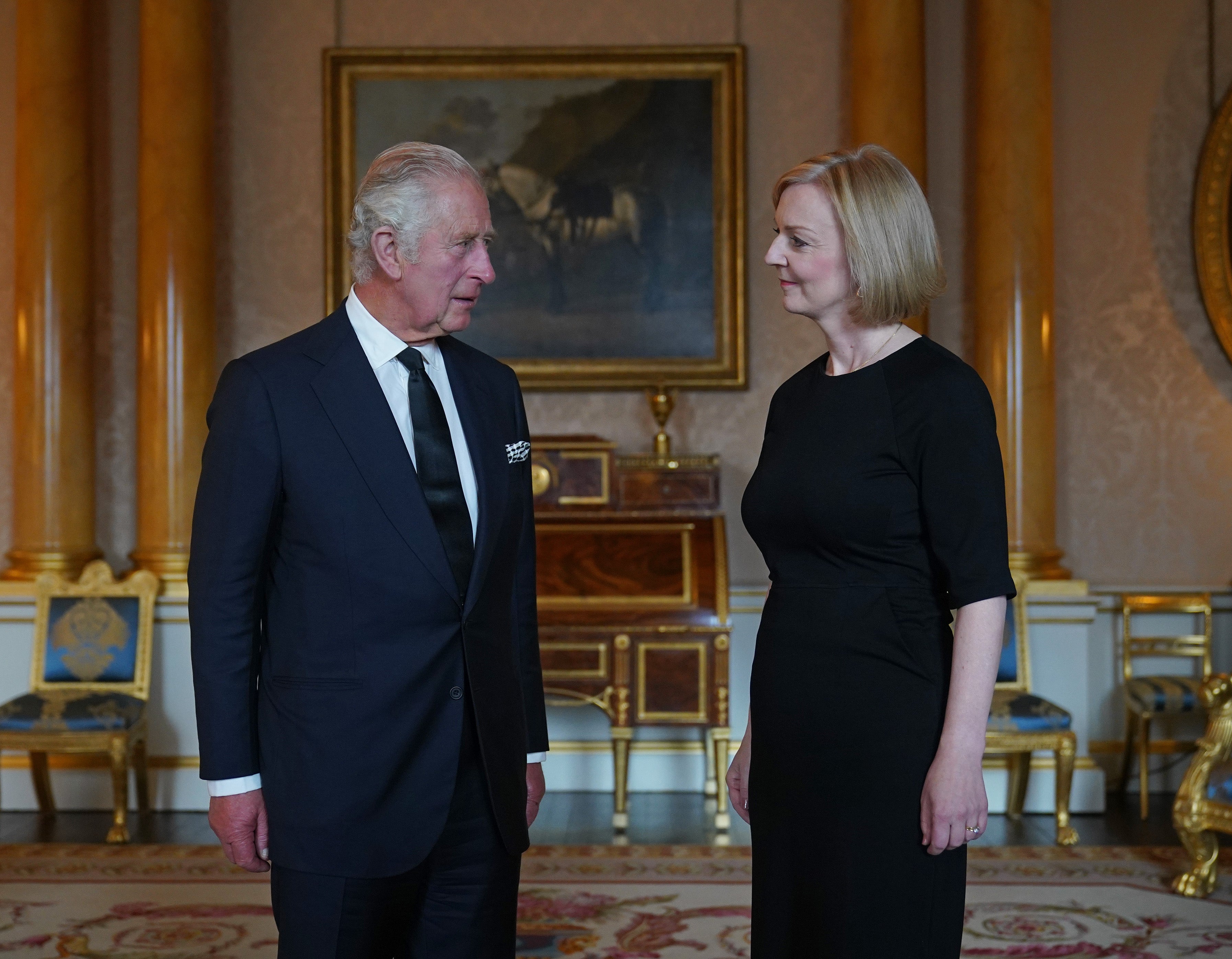
King Charles III will be formally proclaimed monarch during an Accession Council ceremony televised for the first time.
Charles automatically became King on the death of his mother, but the Accession Council, attended by Privy Councillors, will confirm his role on Saturday morning.
The new monarch will not attend the ceremony, held at the State Apartments of St James’s Palace, only joining after he has been proclaimed monarch, at 10am, to hold his first Privy Council meeting.

The historic event comes after Charles gave a landmark address to the nation on Friday and paid a poignant and moving tribute to his “darling Mama” the Queen who died on Thursday afternoon at Balmoral.
Charles said of his “beloved mother” the late Elizabeth II: “We owe her the most heartfelt debt any family can owe to their mother; for her love, affection, guidance, understanding and example”.
The King pledged his whole life as service as the new sovereign just as the Queen did, saying: “That promise of lifelong service I renew to you all today”.
And he used his speech to announce that he had created his son William the Prince of Wales, with Kate the Princess of Wales, and expressed his “love for Harry and Meghan as they continue to build their lives overseas”, a symbol of his bid for reconciliation amid past troubles with the Sussexes.
He also paid tribute to his “darling wife” Camilla, calling her “my Queen Consort”, saying he can “count on her loving help” and praising her by saying: “I know she will bring to the demands of her new role the steadfast devotion to duty on which I have come to rely so much.”

The King also set out his changing role, as he steps away from his considerable charity work which shaped his life as the heir to the throne.
The Proclamation ceremony will feature a platform party, made up of Camilla, William, the Archbishop of Canterbury, the Lord Chancellor, the Archbishop of York, the Prime Minister, the Lord Privy Seal, the Lord Great Chamberlain, the Earl Marshal and the Lord President, who will sign the Proclamation.
During the event the Lord President will announce the death of the sovereign and call upon the Clerk of the Council to read aloud the text of the Accession Proclamation.
It will include Charles’s chosen title as King, already known to be King Charles III.
At 11am a Principal Proclamation will be read in public for the first time by the Garter King of Arms in the open air from the balcony overlooking Friary Court at St James’s.
It will be followed by a flurry of Proclamations around the country, with the second one at City of London at the Royal Exchange at midday on Saturday, and further Proclamations in Scotland, Northern Ireland and Wales at midday on Sunday.
In recognition of the new Sovereign, union flags will be flown at full-mast from the time of the Principal Proclamation at St James’s Palace until one hour after the Proclamations in Scotland, Northern Ireland and Wales, after which flags will return to half-mast in mourning for the death of the late Queen.
The ceremony is being staged a day later for King Charles III then normal practice because the announcement of the Queen’s death did not come until early evening on Thursday, meaning there was not enough time to set the plans in motion for Friday morning.
The Palace said: “His Majesty The King will be proclaimed at the Accession Council at 10.00hrs (on Saturday) in the State Apartments of St James’s Palace, London.
“The Accession Council, attended by Privy Councillors, is divided into two parts.
“In Part I, the Privy Council, without The King present, will proclaim the Sovereign, and formally approve various consequential Orders, including the arrangements for the Proclamation.
“Part II, is the holding by The King of His Majesty’s first Privy Council.
“The King will make his Declaration and read and sign an oath to uphold the security of the Church in Scotland and approve Orders in Council which facilitate continuity of government.”







